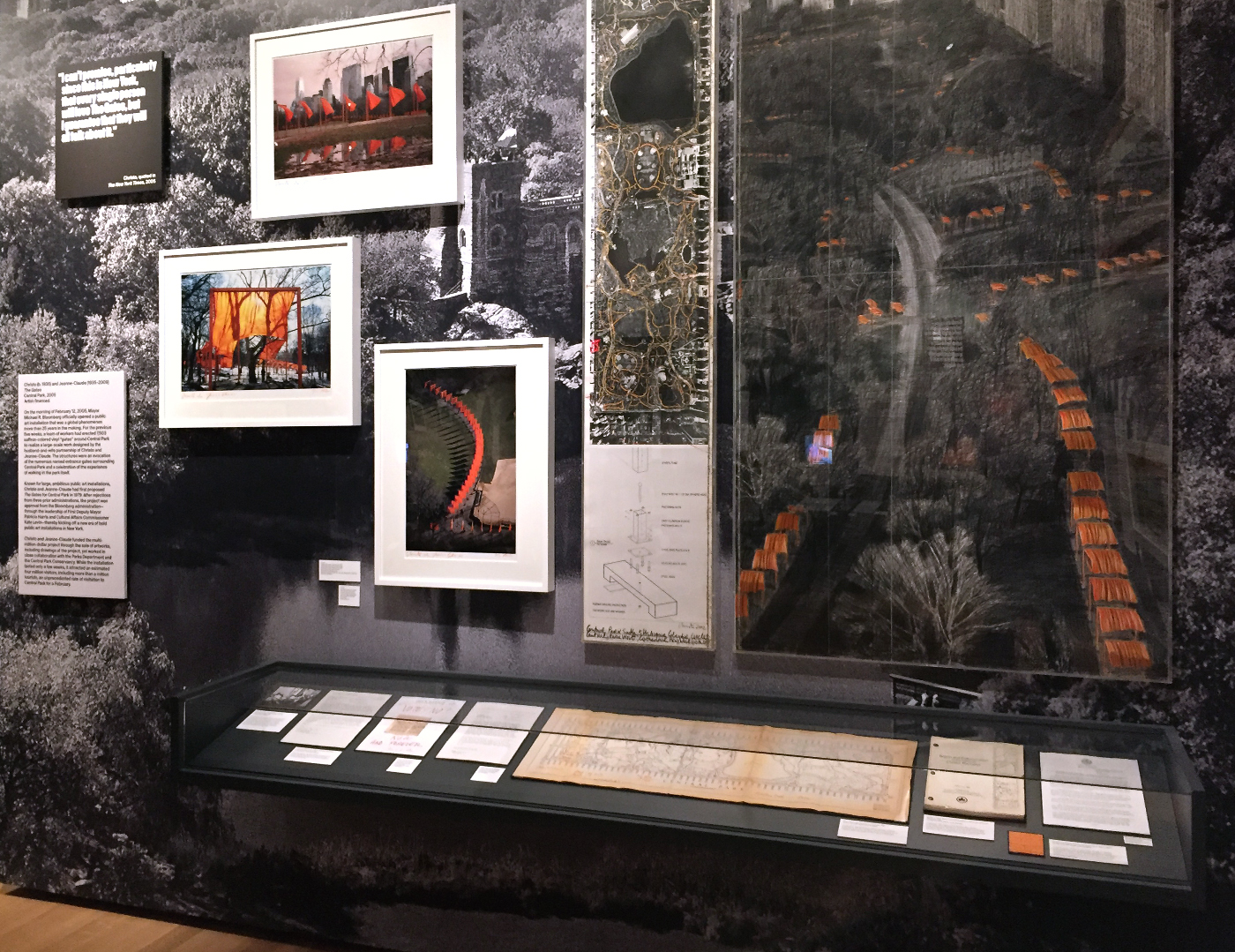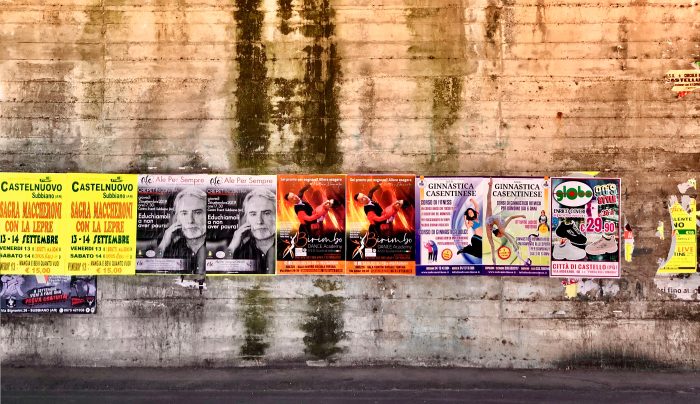Evangeline Garreau, from the latest issue of her never-boring email newsletter, on the occasion of her thirtieth birthday:
One thing that becomes more clear to me every year is the absolutely absurd improbability of existence. You’re telling me not only did intelligent life form on earth and then persist for MILLIONS of years despite fundamental design flaws in the species that continually attempts to self-destruct, BUT THEN two people amidst billions found each other and fell in love and created BRAND NEW LIFE, and THEN I made it all the way around the sun THIRTY TIMES despite the fact that a) I barely made it out of infanthood and b) the planet is chockablock full of life-threatening dangers?? Who doesn’t want to have a party about that??
A question every Saturday Costco shopper is bound to ask sooner or later.
It was pandemics that brought down the Roman Empire, argues John Gray. And while it’s unlikely we’re on a similar trajectory, he does have some questions. “Human knowledge has increased tremendously,” he writes, “but are we so much more reasonable than the Romans were at their peak? Or are we descending into a state of collective derangement, far more rapidly than they did? The answer may begin to be clear over the coming months. ” Actually, Mr. Gray, we have our answer now. I’m afraid it’s…derangement.
“There is no such thing,” writes Jason Wilson, “as bad birdsong.”
This is extraordinary:
[T]he larger the human economy has become—the more people and the more goods and services they produce—the faster it has grown on average. Now, especially if you’re reading quickly, you might think you know what I mean. And you might be wrong, because I’m not referring to exponential growth. That happens when, for example, the number of people carrying a virus doubles every week. Then the growth rate (100% increase per week) holds fixed. The human economy has grown super-exponentially. The bigger it has gotten, the faster it has doubled, on average. The global economy churned out $74 trillion in goods and services in 2019, twice as much as in 2000. Such a quick doubling was unthinkable in the Middle Ages and ancient times. Perhaps our earliest doublings took millennia.
How did Darwin establish that earthworms are deaf? “He blew whistles at the ground, shouted into their burrows, played them the bassoon and placed them on a table next to a piano….”
posted by: Aaron Bragg | category: random thoughts | make a comment



